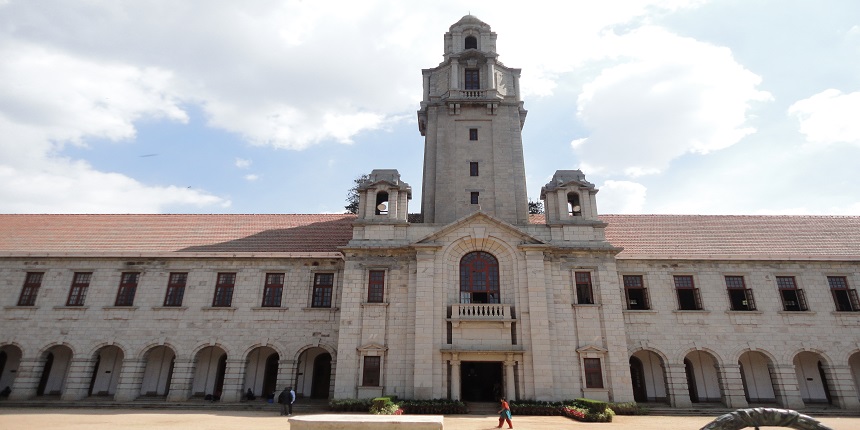IISc, ISRO develop new method for making bricks from Martian soil
Abhiraj P | April 21, 2022 | 10:10 AM IST | 1 min read
Indian Institute of Science: The method of making bricks from Martian soil by using bacteria, urea, can be used to build structures on Mars that could help set up human settlements.

NEW DELHI: Researchers from the Indian Institute of Science (IISc), in collaboration with the Indian Space Research Organisation (ISRO) have developed a method of making bricks from the soil on planet Mars by using bacteria and urea, which can be used to build structures such as buildings on the surface of Mars that could help set up human settlements in Mars.
According to a statement from IISc, the brick is made by first creating a slurry with Martian soil, guar gum, a bacterium called Sporosarcina pasteurii, urea and nickel chloride. This slurry is capable of being moulded to any shape, and the bacteria has the ability to convert the urea into calcium carbonate crystals within a few days. "These crystals, along with biopolymers secreted by the microbes, act as cement holding the soil particles together," claims IISc.
Also read | Heat Wave India: Summer vacations for Chhattisgarh schools from April 24: CM Bhupesh Baghel
The new method developed by IISc researchers has resulted in reduced porosity of the bricks. “The bacteria seep deep into the pore spaces, using their own proteins to bind the particles together, decreasing porosity and leading to stronger bricks,” says Aloke Kumar, associate professor in the mechanical engineering department at IISc, and an author of the paper.
The IISc research team plans to investigate the effect of Mars’ atmosphere and low gravity on the strength of these newly developed bricks. The Martian atmosphere is 100 times thinner than Earth’s atmosphere and contains over 95% carbon dioxide, which may significantly affect bacterial growth. The researchers have constructed a device called MARS (Martian AtmospheRe Simulator), which consists of a chamber that reproduces the atmospheric conditions found on Mars in the lab.
Also read | CUET is ‘not fair’, might force states to opt for centralised syllabi: Educationists
Follow us for the latest education news on colleges and universities, admission, courses, exams, research, education policies, study abroad and more..
To get in touch, write to us at news@careers360.com.
Next Story
]Green Campuses: Central universities becoming beacons of sustainability
While Assam’s Tezpur University and Pondicherry University have tapped solar energy to save on energy bills, Banaras Hindu University has equipped its water-scarce south campus with a water management and supply system.
R. Radhika